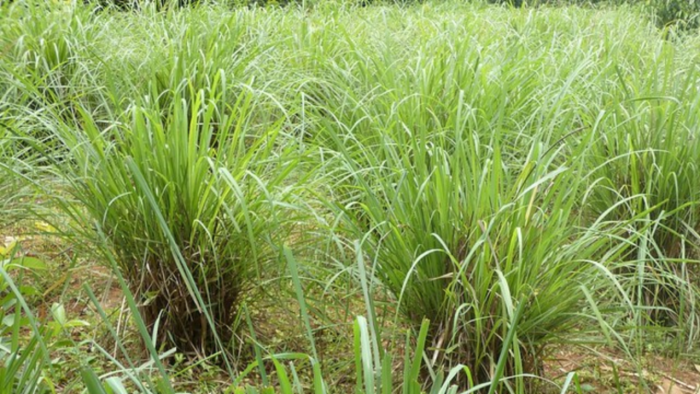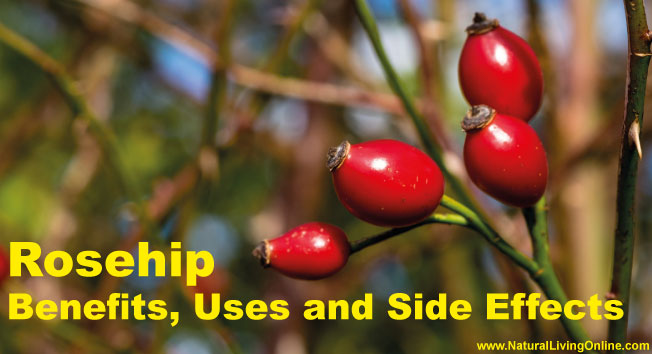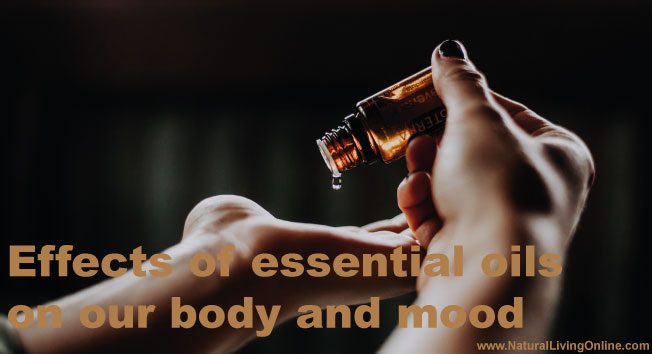Lemongrass is an herb that is part of the Poaceae family, which is also known as the grass family. This herb grows in tropical and subtropical climates and has a long history of use in traditional medicine. Lemongrass essential oil has a variety of benefits, including: reducing inflammation, relieving pain, fighting infection, boosting the immune system, reducing stress and anxiety, and improving digestion.
How many different types of Lemongrass essential oils are there?
There are three common types of lemon grass essential oil: Cymbopogon flexuosus, Cymbopogon citratus, and Andropogon winterianus. However, there are many other species of lemongrass that can be used for essential oil purposes.
How Lemongrass essential oil is made?
Lemon Grass essential oil is extracted from the plant’s leaves through steam distillation. The leaves are steamed for several hours to release the essential oil, which is then collected and bottled.
What is the botanical name of Lemongrass?
The scientific name for lemongrass is Cymbopogon citratus. It is also known by its common names, such as lemongrass, barbed wire grass, silky heads, and Citronella grass.
What is the chemical composition of Lemongrass essential oil?
The main chemical components of lemongrass essential oil are citral (neral + geranial), myrcene, limonene, and pinene.
What are the benefits of using Lemongrass essential oil?
Lemongrass essential oil has a variety of benefits, including: reducing inflammation, relieving pain, fighting infection, boosting the immune system, reducing stress and anxiety, and improving digestion, a medical paper shows.
Some of the benefits include:
-Helping to improve digestion
-Boosting energy levels
-Killing bacteria and fungi
-Aiding in weight loss
-Fighting depression and anxiety
-Preventing nausea and vomiting
-Treating colds and flu symptoms
-Reducing inflammation
-Soothing skin irritations
-Promoting a restful night’s sleep.
Lemongrass oil is also known for its mosquito-repelling properties, making it a great natural alternative to chemical-based mosquito repellents. When used topically, lemongrass oil can help to reduce the appearance of stretch marks. Additionally, due to its anti-inflammatory properties, lemongrass oil can be helpful in treating skin conditions such as psoriasis and eczema.
Overall, lemongrass is a versatile herb that offers a number of health benefits. If you are looking for an all-natural way to improve your health, adding lemongrass to your diet or using lemongrass essential oil may be a good option for you. Consult with a healthcare professional before starting any new supplement or essential oil regimen.
Lemongrass oil is also a great way to naturally scent your home or office. Add a few drops of lemongrass oil to a diffuser and enjoy the fresh, citrusy aroma. Lemongrass oil can also be used in homemade cleaning products. Add a few drops to your favorite all-purpose cleaner or dishwashing detergent to give them a fresh, lemony scent.
Lemongrass is also used as herb in a variety of cuisines around the world. It has a light, lemony flavor that can be used to add brightness to dishes. Lemongrass is often used in curries, soups, and rice dishes. It can also be added to tea or smoothies for an added boost of energy.
What are ways to use Lemongrass essential oil?
Lemongrass essential oil has many benefits and uses. It can be used aromatically, topically, or internally to support overall health and well-being. Some of the ways you can use lemon grass essential oil include:
Aromatically: Lemongrass essential oil can be diffused in an aromatherapy diffuser or added to a bathtub full of water. The lemony scent is refreshing and uplifting, and it can help to promote feelings of relaxation and well-being.
Topically: Lemongrass essential oil can be diluted with a carrier oil such as jojoba oil or sweet almond oil, then applied directly to the skin. It is often used in massage blends to soothe muscles and joints. It can also be added to massage oils or lotions for a soothing massage.
Internally: Lemongrass essential oil can be taken in capsules or added to water or tea. It is important to consult with a healthcare practitioner before taking any essential oils internally.
Soap making: Lemongrass essential oil is often used as a natural fragrance and scent fixative in soap making.
Candle making: Lemongrass essential oil has a strong, lemony scent that makes it perfect for use in candle making.
Pesticide: Lemongrass essential oil can be used as a natural pesticide to help repel insects such as mosquitoes and ticks.
Flavoring agent: Lemongrass essential oil is also sometimes used as a flavoring agent in food products.
How Lemongrass essential oil has been used historically?
Lemongrass essential oil has been used for centuries in traditional medicine systems all over the world. It is most commonly used for its anti-inflammatory and analgesic properties. Lemon grass essential oil has also been shown to be effective against a variety of bacteria, fungi, and viruses.
What does blend well with Lemongrass essential oil?
Lemongrass essential oil blends well with other citrus oils, such as orange and grapefruit, as well as lavender, rosemary, and peppermint essential oils. However, it does not mix well with oils that have a strong floral scent.
What does not blend well with Lemongrass essential oil?
Lemongrass essential oil does not mix well with oils that have a strong floral scent, such as jasmine and rose.
What are the side effects of using Lemongrass essential oil?
Lemongrass essential oil is generally safe for most people when used properly. However, there are some potential side effects, such as skin irritation, nausea, and headaches. If you experience any adverse effects, stop using the oil immediately and consult a doctor.
What does Lemongrass essential oil smell like?
Lemon grass essential oil has a fresh, citrusy scent with a hint of sweetness. It is often used in perfumes and other fragrance products.
How do I make Lemongrass Essential Oil at home?
To make lemongrass essential oil at home, you will need: fresh lemongrass leaves (about ½ cup), distilled water (about ½ cup), a jar with a lid, and a stove. Strip the leaves from the stem of the lemon grass and chop them into small pieces. Add the chopped leaves to the jar and pour in the distilled water. Seal the jar and place it on the stove. Heat until boiling then reduce to a simmer for about three hours. Allow to cool then strain through cheesecloth or a coffee filter. Bottle and store in a cool, dark place.
What is the shelf life of Lemongrass essential oil?
The shelf life of lemongrass essential oil is about two years when stored properly in a dark glass bottle away from heat and light.
Is Lemongrass Essential Oil safe for children?
Yes, lemongrass oil is generally safe for children when used properly. However, it is always best to consult a doctor before using any essential oil with a child.
Is Lemongrass Essential Oil safe during pregnancy?
There is limited information on the safety of lemongrass essential oil during pregnancy. It is always best to consult a doctor before using any essential oil if you are pregnant.
Can Lemongrass Essential Oil be used on pets and animals?
Yes, lemongrass essential oil can be used on pets and animals. However, it is always best to consult a veterinarian before using any essential oil on an animal.
Lemongrass as an herb or essential oil both have countless benefits for our mind and body. Using it in safe limits and as per instructions can be very healthy for us. Chinese and Indians have been using it for centuries and it is a known and widely used herb in those ancient cultures. Let us know in comments how you use lemongrass in your daily routine.
References
Lemongrass Essential Oil Components with Antimicrobial and Anticancer Activities
A COMPREHENSIVE REVIEW ON LEMONGRASS (CYMBOPOGON CITRATUS) OIL EXTRACTION AND ITS APPLICATIONS
Scientific basis for the therapeutic use of Cymbopogon citratus, stapf (Lemon grass)
Exploring the Clinical Applications of Lemongrass Essential Oil: A Scoping Review
Antimicrobial Activity of Lemongrass Essential Oil
This website does not provide medical advice.
All information provided on this website, and on associated social media networks, including but not limited to texts, images, and numbers are for general information purpose only. It is not intended as medical advice and it does not include all possible precautions, side effects, or interactions that may occur. Neither NaturalLivingOnline.com nor its author/founder take responsibility for how you use this information. Statements contained on NaturalLivingOnline.com have not been evaluated by the FDA. You should conduct thorough research via multiple sources and consult your physician or qualified doctor before using any essential oil or herbal remedy. Information on NaturalLivingOnline.com must not be relied upon for medical, legal, financial or other decisions.













